St. Kitts year 1995 WWF Green Sea Turtle FDC set
The WWF (World Wildlife Fund) has been actively involved in the conservation of green sea turtles (Chelonia mydas). Here’s a detailed overview of their efforts:
Green Sea Turtle Overview
Green sea turtles are one of the largest species of sea turtles and are primarily found in tropical and subtropical waters around the world. They are named for the greenish color of their cartilage and fat, not their shells, which are typically olive to black.
Threats to Green Sea Turtles
Green sea turtles face numerous threats, including:
- Habitat Loss: Coastal development, pollution, and climate change are degrading the nesting and foraging habitats of green sea turtles.
- Bycatch: Accidental capture in fishing gear, such as trawls, gillnets, and longlines, poses a significant threat.
- Poaching and Illegal Trade: Turtles and their eggs are often poached for their meat, shells, and as part of the illegal pet trade.
- Pollution: Marine debris, particularly plastics, can be ingested by turtles, causing injury or death.
- Climate Change: Rising temperatures can affect the sex ratio of hatchlings (temperature determines the sex of the turtle during incubation) and the health of coral reefs, which are crucial for turtle foraging.
WWF’s Conservation Efforts
WWF employs a multi-faceted approach to conserve green sea turtles:
- Protecting Nesting Beaches: WWF works to secure and manage important nesting sites, ensuring they are safe from human disturbance and predators.
- Reducing Bycatch: WWF collaborates with fisheries to implement turtle-friendly practices, such as the use of Turtle Excluder Devices (TEDs) in trawl nets.
- Combating Illegal Trade: WWF supports efforts to enforce laws against poaching and illegal trade, working with local communities and governments.
- Community Engagement: WWF engages local communities in conservation efforts, promoting sustainable livelihoods that do not harm turtle populations.
- Advocacy and Policy: WWF advocates for stronger marine conservation policies at national and international levels.
- Research and Monitoring: WWF conducts research to better understand turtle populations and their movements, using data to inform conservation strategies.
Success Stories
- Turtle Excluder Devices (TEDs): The implementation of TEDs in shrimp trawl fisheries has significantly reduced the bycatch of sea turtles.
- Protected Areas: Establishing marine protected areas has helped safeguard critical habitats for green sea turtles.
- Community-Based Conservation: In places like the Coral Triangle, WWF’s engagement with local communities has led to successful conservation outcomes.

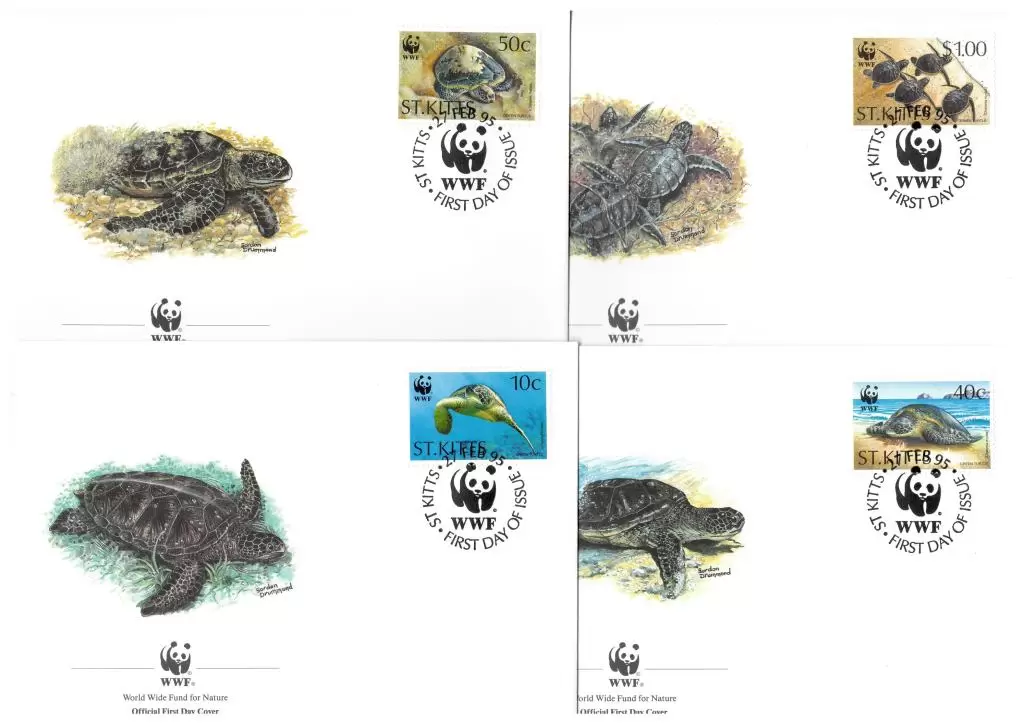
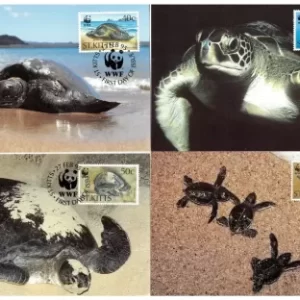
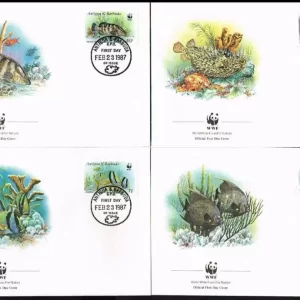
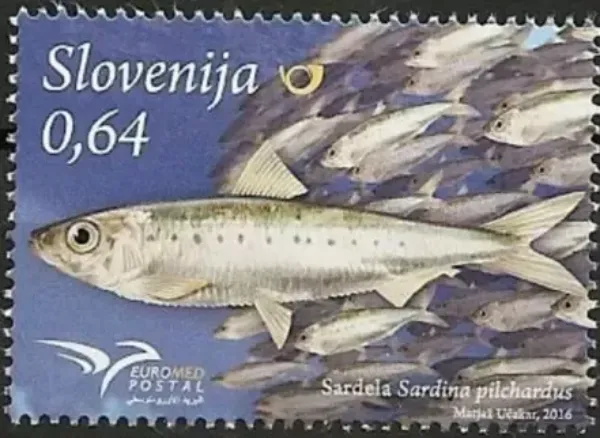
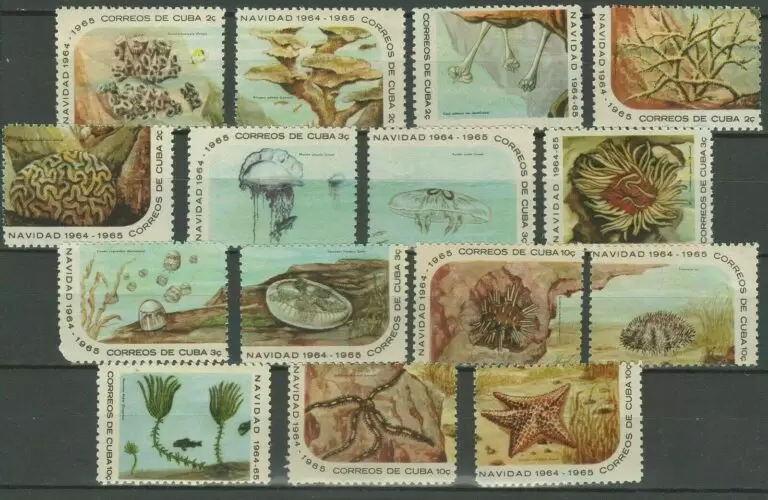
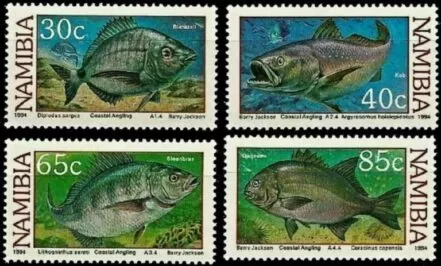
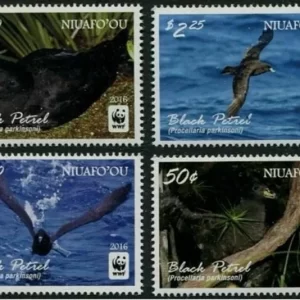
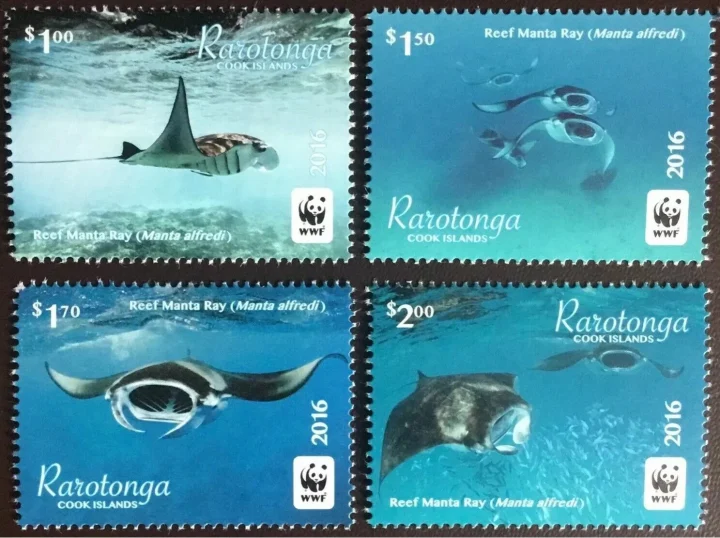

Reviews
There are no reviews yet.